Carbon Capture Utilization and Storage (CCUS)
Request Information
Registration open until start date or class full
Program Overview:
UH offers an online executive education course that examines the technology, economics, and challenges of Carbon Capture Utilization and Storage (CCUS). The UH CCUS course is taught by world recognized experts from the energy industry.
The energy transition poses significant challenges to our society and way of life and requires three fundamentals for energy sustainability:
- accessible and reliable supply and access,
- affordable and globally cost-competitive supply and consumption, and
- environmentally and socially responsible supply and consumption.
CCUS is a fundamental requirement for successful de-carbonization and is recognized as such by the International Energy Agency and the US Department of Energy. The broad commercial deployment of CCUS will impact industries such as oil and gas, petrochemicals, electric power, cement and manufacturing as well as hydrogen, and the circular plastics economy.
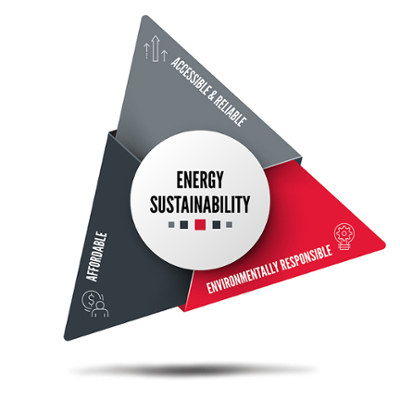
Next Cohort: APRIL - JULY 2025
Registration is accepted up to the first day of the course.
- Start date: April 7, 2025
- Course length: 12 weeks
- Course format: A self-paced online course with 9 learning modules and 4 live Zoom meetings to interact with the instructors. The live meeting dates are April 10, May 15, June 5, and July 10, 2025, all starting at 6 p.m. (CST). It will also include networking opportunities.
PRICING
- $1500/Person.
- Discounts may apply for groups of 3 or more registrations. Please contact us for details.
Instructors
The credentialing program delivers a multi-disciplinary understanding of challenges and solutions to achieve sustainable energy development, and it is taught by world class instructors, including leaders from industry and the marketplace and accomplished faculty from the University of Houston, the Energy University, in the Energy Capital of the World.
UH INSTRUCTORS
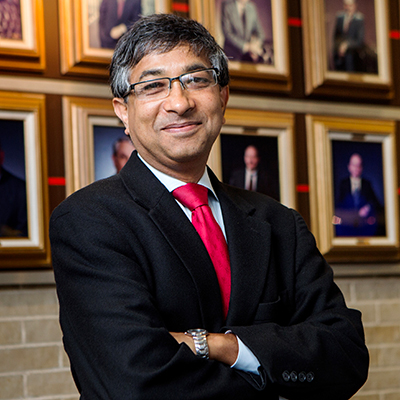
Vice President, Energy and Innovation, University of Houston
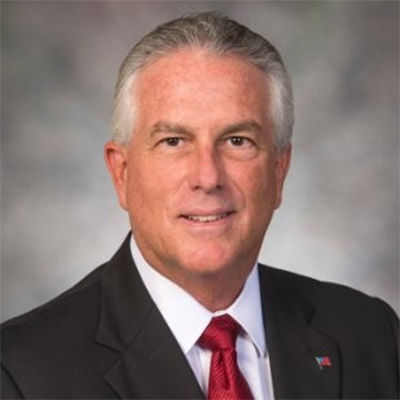
Executive Director, UH Center for Carbon Management in Energy, University of Houston
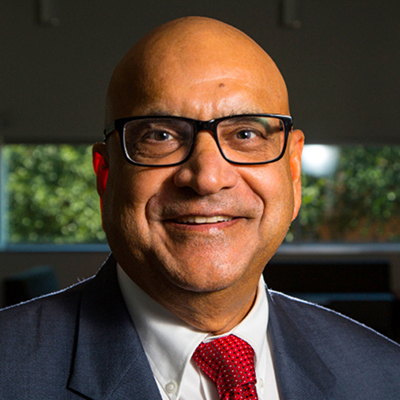
Cullen College of Engineering, University of Houston
INDUSTRY INSTRUCTORS
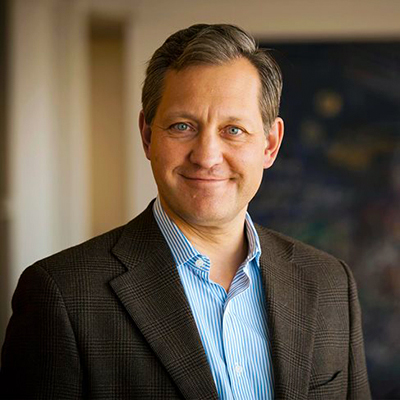
Special Advisor, Senior Partner Emeritus, McKinsey & Company
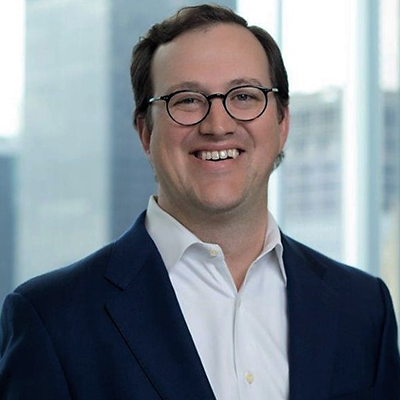
Partner, Co-Leader CCUS Service Line, McKinsey & Company
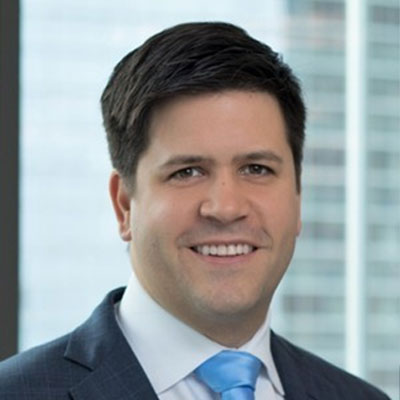
Greg Santoni
Partner, Co-Leader CCUS Service Line, McKinsey & Company
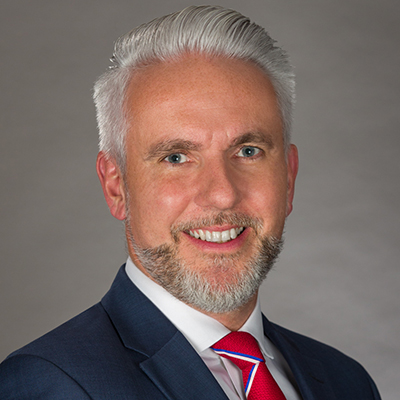
Vice President of Energy Transition Project Development at Baker Hughes
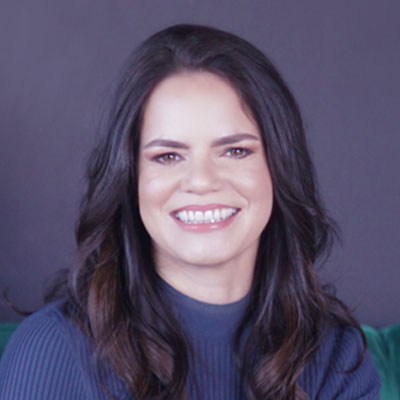
Josie Long
Senior Pipeline Consultant, Process Performance Improvement Consulting
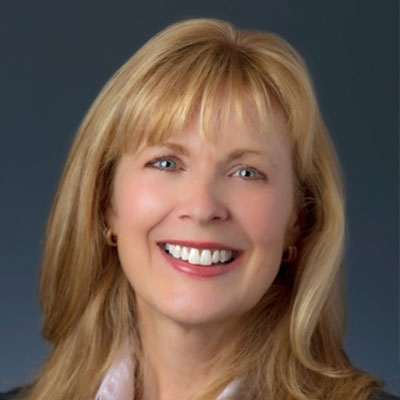
Senior Vice President, bp (retired), Board of Directors: Denbury, Center for Houston's Future
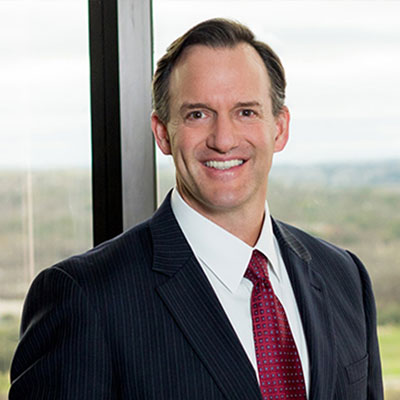
Mike Nasi
Partner, Jackson Walker LLP, Counsel, Southern States Energy Board
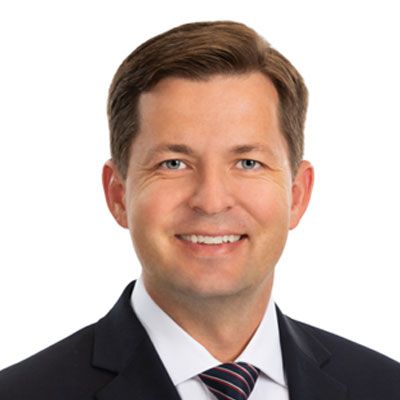
Jonathan Wiens
Chief Executive Officer, Warwick Carbon Solutions
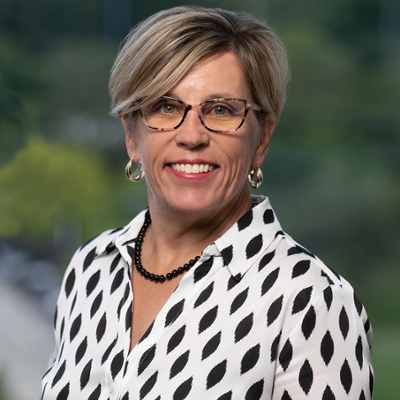
Senior Vice President, Energy Transition & Executive Director, Houston Energy, Transition Initiative, The Greater Houston Partnership
Additional Program Resources
CCUS: Excerpts from the Course
Testimonials
-
Marcela Gonzalez – Worley/Advisian, Senior Regulatory Engineer
"Thank for the comprehensive program and detailed presentations on each topic. I enjoyed the format and look forward to staying engaged with the participants and UH Energy team."
-
Gregory Miller
"I am very interested in the subject of CCUS. I think the course is quite amazing. The presenters, to a person, are excellent and the material is thorough, understandable and form a firm foundation of knowledge for anyone who has an interest in CCUS and who has a concern for the future of the planet."
-
Nivea Carramal – Petrobras, Geologist
"I would like to thank for the opportunity. This course opened my mind about CCUS. I was impressed about the possibilities of utilization, it was quite interesting."
-
Katie Wright, Senior Vice President, DDC Public Affairs
"I really enjoyed the opportunity to participate in this class… This class helped me better understand the marketplace and considerations that go into these investments. Impressive set of experts across the industry. Very helpful to not only hear about their expertise - but engaging conversation around the CCUS environment."
-
Alex Breeden, Senior Business Analyst, Project Canary
"This is a great course. I cannot express enough how impressed I am with the quality of the teachers, the organization of the class, and in how much the course aided me in my own field. Thank you all for your assistance and willingness to provide this course. I hope this and others like it continue for the foreseeable future."
-
Bryan Evans, Chief Process Engineer, Worley
"I think this (course) was a great broad exposure to the larger fitment of CCUS within the entire energy transition and how as an EPC company our role and type of projects will need to evolve in the future."